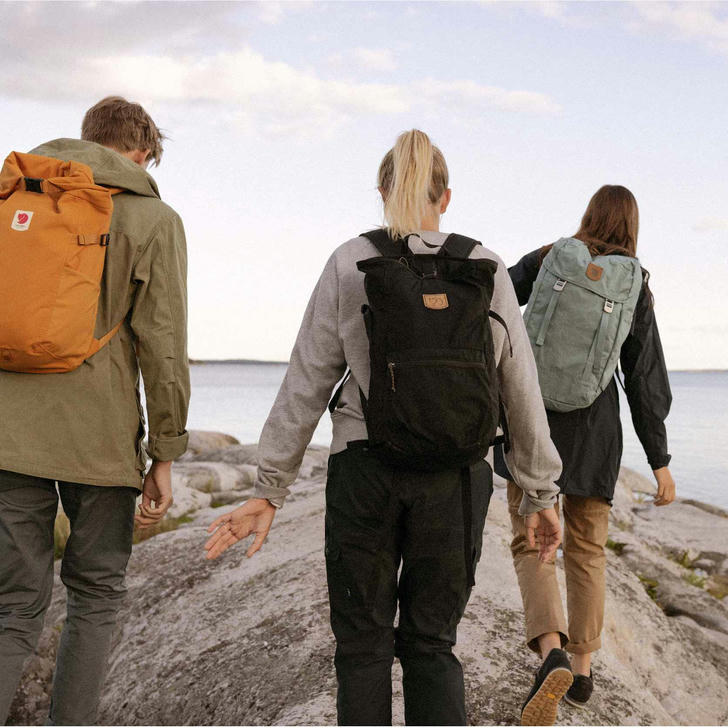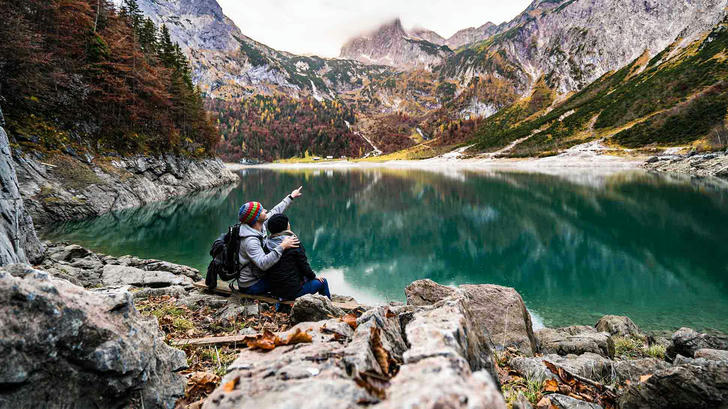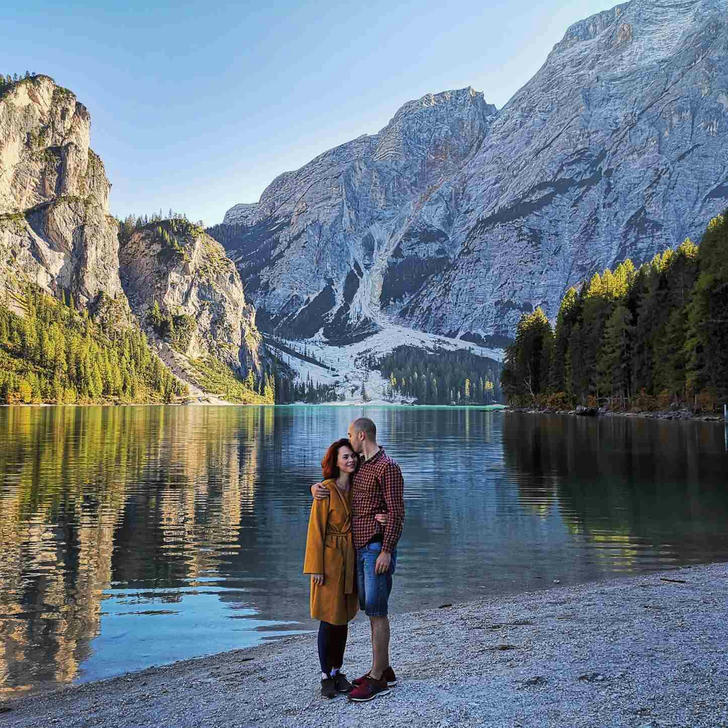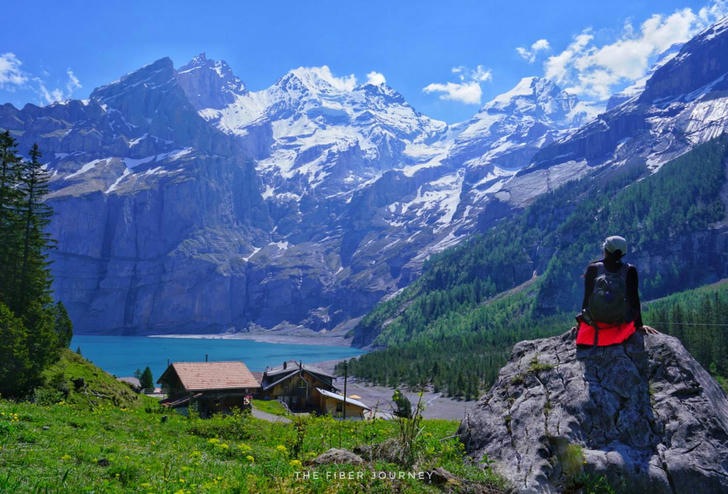Essential Travel Guide for Backpackers: From Planning to Budgeting Tips

Backpackers and travel enthusiasts often seek flexibility and freedom, but enjoying a trip to the fullest still requires thoughtful planning. Whether you’re setting out on a long adventure or a short exploration, efficiently managing time and resources is essential to a pleasant journey. Here’s a comprehensive guide covering pre-trip planning, budget management, itinerary arrangement, the best time to travel, and transportation choices, helping you make the most of your journey.
Pre-Trip Planning: Set Travel Goals and Route
Start by defining the purpose of your trip. Different travel goals lead to different itineraries, whether you’re exploring natural landscapes, experiencing city life, or immersing in culture. Once your destination is set, list must-see attractions and activities to create a basic travel route.
Use online resources or travel apps to gather information about your destination, including attraction hours, ticket prices, and visitor reviews. Since language barriers can sometimes be challenging, consider downloading offline maps and translation tools so you can navigate and communicate even without internet access.

Budget Management: Enjoy High-Quality Travel on a Low Budget
Budget management is crucial for backpackers, as flexibility and low-cost travel are key characteristics of this travel style. Here are some effective budget strategies:
Accommodation: Opt for hostels, homestays, or shared platforms (like Airbnb) for affordable lodging and the chance to meet fellow travelers. Many cities also have discounted or free camping zones, ideal for outdoor-loving travelers.
Food: Street food and local diners often offer cheaper and more authentic food options. Backpackers can also buy portable food at local supermarkets, saving meal costs and giving you flexibility in dining time and location.
Activities and Attractions: Many cities have free entrance days or discounts at museums, historical sites, and parks. Checking for this information and planning visits accordingly can help you save significantly on entrance fees.

Itinerary Arrangement: Moderate Schedule to Avoid Fatigue
A well-organized itinerary is key to a relaxing trip. Backpackers often prefer free exploration, so there’s no need for a tightly packed schedule. A balanced itinerary lets you enjoy a fulfilling journey without feeling exhausted.
Try a combination of “exploration days” and “leisure days” to allow for free time or rest. For example, after a day of hiking, plan a lighter activity the next day, like relaxing at a café or strolling in a park. This way, you’ll experience local culture without feeling too tired.
Best Time to Travel: Choose Dates Based on Climate and Peak Season
Choosing the right travel time is essential to a successful trip. Avoiding peak season not only reduces crowding but also allows you to enjoy lower accommodation and ticket prices.
Off-Season Travel: Traveling during off-peak seasons usually offers quieter attractions and lower costs. For instance, spring and fall are relatively quiet seasons in Europe, with pleasant weather that’s perfect for backpackers.
Festival Seasons: Traveling during certain festivals can offer unique cultural experiences, but note that these periods may coincide with peak tourist season, so it’s wise to book accommodation and tickets in advance to avoid price hikes.

Additionally, understanding the climate of your destination is important. In tropical regions, seasonal differences can greatly impact your travel experience. Traveling during pleasant weather enhances comfort and enjoyment.
